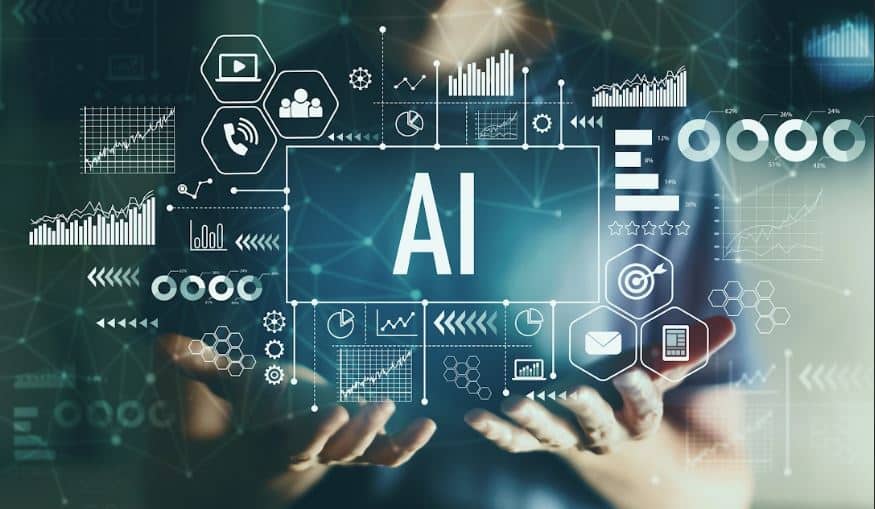AI Development: A Journey into the Future of Technology
Introduction
Artificial Intelligence (AI) development is at the forefront of the technological revolution that is reshaping our world. From self-driving cars to virtual personal assistants, AI is transforming the way we live, work, and interact. In this guest post, we will explore the exciting developments in AI and the impact they are having on various industries.
The Evolution of AI
The progress of AI development has been significant since its initial stages. In the early days, AI was primarily a theoretical concept, but today, it is a practical and widely used technology. One of the key milestones in Artificial Intelligence development was the creation of the Turing Test by Alan Turing in the 1950s. This test laid the foundation for evaluating a machine’s ability to exhibit intelligent behavior indistinguishable from that of a human.
Over the decades, Artificial Intelligence development has been driven by advances in computing power and the availability of vast amounts of data. Machine learning, a subset of AI, has gained prominence, allowing computers to learn from data and improve their performance over time. This has led to breakthroughs in areas such as natural language processing, image recognition, and recommendation systems.
AI in Healthcare
One of the most promising applications of Artificial Intelligence is in healthcare. AI-powered systems can analyze medical data with incredible speed and accuracy, aiding in disease diagnosis and treatment planning. For example, AI algorithms can detect anomalies in medical images, helping radiologists identify diseases like cancer at earlier stages. Additionally, AI-driven chatbots and virtual nurses are providing patients with instant access to medical information and support.
AI is also revolutionizing drug discovery. Researchers are using AI to sift through vast datasets to identify potential drug candidates, significantly speeding up the development process. This has been particularly crucial during the COVID-19 pandemic, where AI has played a vital role in vaccine development and epidemiological forecasting.
AI in Business
In the business world, Artificial Intelligence development is reshaping how companies operate. Businesses are leveraging AI to enhance customer experiences, streamline operations, and make data-driven decisions. Chatbots and virtual assistants are providing 24/7 customer support, while AI-driven analytics tools are helping businesses identify market trends and customer preferences.
Moreover, AI is transforming supply chain management by optimizing inventory levels, predicting demand, and improving logistics. This results in cost savings and better service for customers. AI-driven recommendation engines are also boosting e-commerce sales by providing personalized product recommendations to consumers.
AI in Education
Artificial Intelligence development is making its mark in the field of education as well. Personalized learning platforms use AI algorithms to adapt educational content to individual students’ needs and learning styles. This ensures that students receive tailored instruction, leading to better outcomes.
AI-powered language translation tools are breaking down language barriers, making education more accessible to people worldwide. Additionally, AI is helping educators automate administrative tasks, allowing them to focus more on teaching and mentoring students.
The Ethical Considerations
As Artificial Intelligence development continues to advance, it brings with it a set of ethical considerations that society must address. A primary issue revolves around the potential biases present in AI algorithms. If these algorithms are trained on biased data, they can perpetuate existing inequalities and discrimination. Therefore, it is essential to ensure that AI systems are designed and trained with fairness and transparency in mind.
Privacy is another critical issue. Artificial Intelligence has led to the collection of vast amounts of personal data, raising concerns about how that data is used and protected. Striking the right balance between the benefits of AI and individual privacy rights is a challenge that governments and organizations must navigate.
The Future of AI Development
The future of Artificial Intelligence development is filled with exciting possibilities. AI is poised to play a pivotal role in addressing some of the world’s most pressing challenges, from climate change to healthcare. Researchers are working on creating AI systems that can understand and generate human emotions, opening up new avenues for human-machine interaction.
Furthermore, the collaboration between humans and AI, often referred to as “augmented intelligence,” will become increasingly common. AI will assist professionals in various fields, from law to finance, by automating routine tasks and providing insights based on vast data analysis.
Conclusion
In conclusion, AI development is transforming our world in profound ways. It is driving innovation in healthcare, business, education, and many other fields. However, as AI continues to advance, it is crucial to address ethical concerns and ensure that AI systems are developed and deployed responsibly.
The journey of Artificial Intelligence has just begun, and the future promises even more exciting discoveries and applications. As we navigate this transformative era, it is essential to embrace the potential of AI while being mindful of its impact on society. Artificial Intelligence development is not just about creating intelligent machines; it’s about creating a better future for all of humanity.


























